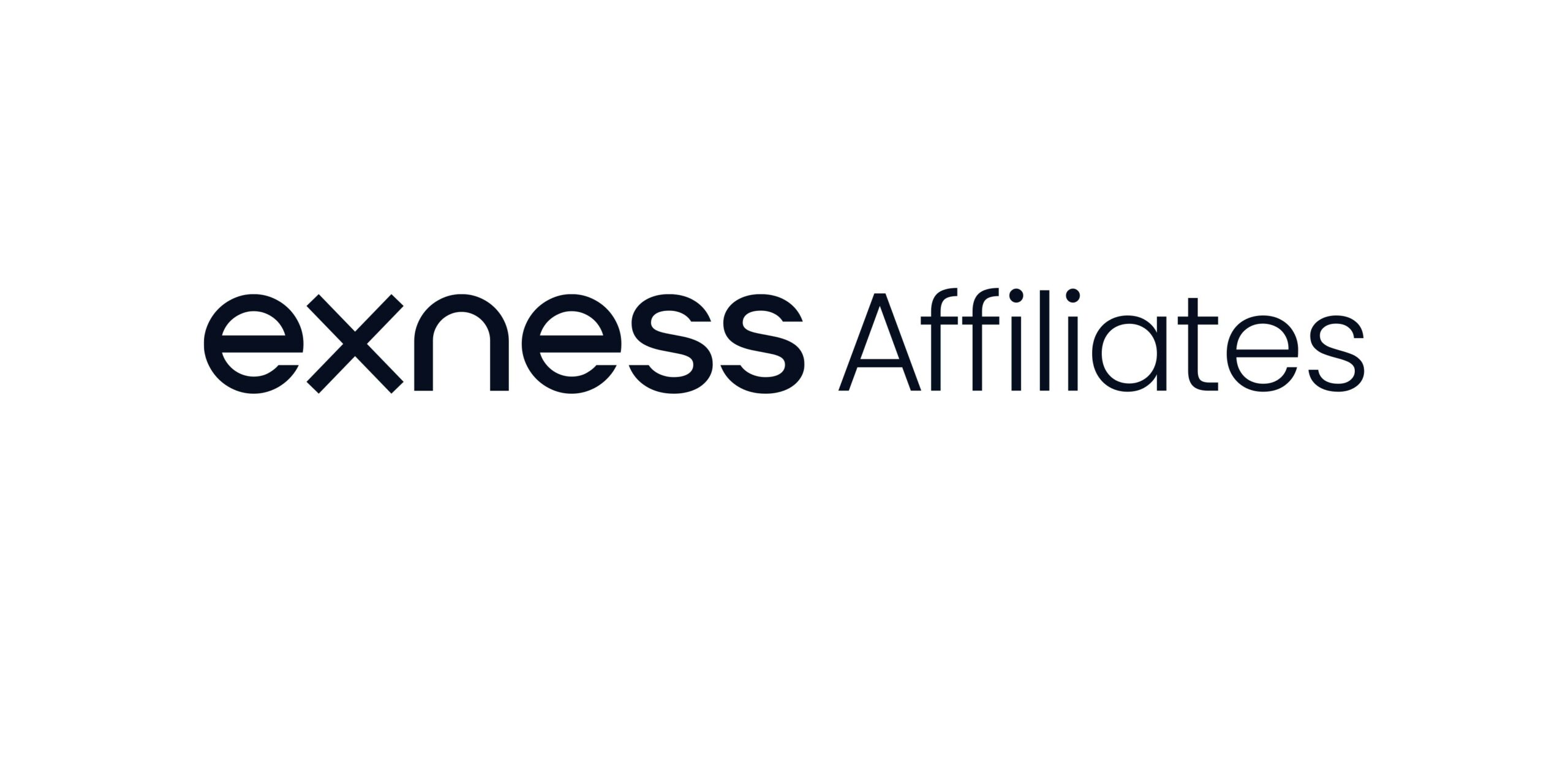Loot boxes have once again returned to the news as the games developer, Valve said it was introducing restrictions on them due to concerns over money laundering. The company has said that new keys which are bought during plating the game will no longer able to be traded in online communities, and will not be marketable in any way.
The latest controversy surrounding loot boxes has come hot on the heels following the criticism from UK regulators who described their use as gambling, and urged the government to introduce tough new laws.
However, the government have acknowledged the concerns, and have opted not to limit loot box purchases but it seems that now the developers are being forced to make changes.
Valve have also said that with immediate effect that all keys which have been bought for the purpose of unlocking loot boxes, will no longer be available to leave the account from which they’re purchased from. This means that in practice is that users won’t be able to continue trading them in communities such as Steam or selling them on for a profit.
The developer has also said that keys which were sold previously will still be subject to the old rules, and this change would only apply to future purchases.
In a blog entry, Valve has come to explain that the reason for the tougher rules is that global fraud networks have been using the keys as a way of liquidating their assets. The developer has also claimed that nearly all of the keys which are currently available to trade or sell now come from a fraudulent source.
But, unsurprisingly, it’s keen to stop this kind of activity and believes that blocking all types of selling and trading is the answer. Valve have also commented that it does not believe this was always the case, and that in the past, the majority of the activity was all above board.
This is only the latest scandal which has rocked Valve, where they were previously connected with third-party betting sites that used game skins as a form of currency for gambling. Before it was then stopped, these sales raked in $5 billion in bets, of which Valve received a share through Steam trades.
























